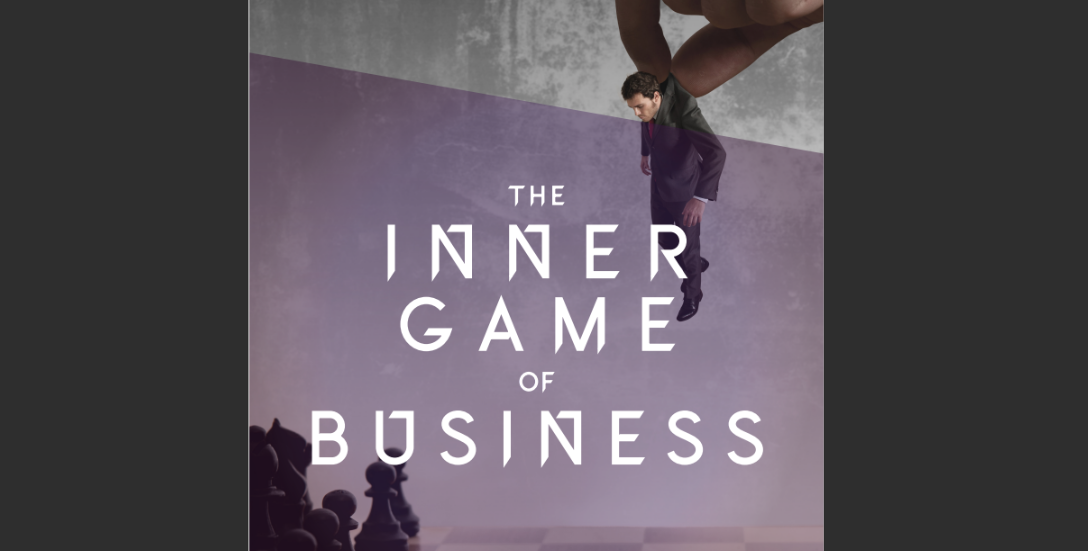Shadowboxing depletes energy.
Shadowboxing in sports is a great conditioning exercise. It helps build upper-body strength, muscle mass, and stamina.
Shadowboxing with figments from our past is a complete waste of time and squanders our energy.
Business owners shadowbox in lots of ways. We shadowbox with ghosts and demons from our past. Sometimes they’re actual people, sometimes they’re beliefs, and sometimes they’re just our perceptions. It might be a parent whose expectations we’re trying to measure up to or whose approval we’re still seeking. It might be someone’s opinion about us that we’re trying to prove wrong or to level revenge on through our business. It might be with a sibling, spouse, or ex-spouse. While these instances can serve to motivate us temporarily, in the long run they can leave us exhausted and feeling empty.
Many of us shadowbox with the belief that we’re not good enough, smart enough, deserving enough, or competent enough. As we move into the later part of our career, it’s not unusual for business founders to shadowbox with what we could have been or what we could have accomplished. We shadowbox with our “what ifs.” What if I had taken this route rather than that route? What if I hadn’t made so many mistakes?
Every path we take, every mistake we make is all just part of our journey; part of our learning; part of what makes us who we are today. Shadowboxing for any reason is ineffective. More importantly, the time we spend shadowboxing is time that could have been put to much better use by growing ourselves and our business.
In the Shakespearean play Hamlet, Polonius hints at another form of shadowboxing when he advises his son before leaving home, “This above all: to thine own self be true.” Business owners would do themselves a huge favor if they followed Polonius’s counsel as it applies to their business.
It’s been my experience that too many small business owners are too often not true to themselves when it comes to their company. This can lead to wasted effort, frustration, and pain. We frequently see this in Vision and Mission statements that are thinly veiled copies of someone else’s, rather than the business owner writing what’s in their heart or what they really believe. We see it in the goals they set for their company that are based on what a peer or a competitor might have accomplished. Or worse, based on one of the underlying motives mentioned above. As a result, they’re really writing someone else’s plan and not their own. (I’ll address this further in Part VIII of this series.)
Once again, this was demonstrated at one of the recent Business Planning Retreats held through Violand Management Associates. The business owner was struggling with articulating what he wanted to accomplish with his business—not only with his long-term goals but even within the next twelve months. After spending time talking with him, it became clear that he was shadowboxing with his stepfather (the previous owner), with being picked on as a kid, and even with his colleagues who were operating similar businesses. While it’s too early to tell how this realization will work out for the owner, I feel he now has more clarity about what he wants to accomplish and why he wants to accomplish it.
There is no denying that shadowboxing can motivate us to succeed, at least in the short term. But at what cost? It’s a bit like eating a candy bar in the middle of the afternoon because we’re feeling sluggish. The short-lived sugar rush is undeniable, but it doesn’t last long and soon we find our energy crashing down again. More importantly, what are the long-term effects on our health?
Rather than shadowboxing, we are far better off to hit the pause button on our crazy schedule long enough to ask ourselves the tough questions that need to be asked, and then to be courageous enough to actually listen to our answers; to look deeper into the underlying motives behind the things we say we want to achieve or the drivers that are motivating us. This is always easier to accomplish when we’re not busy shadowboxing with our past.



